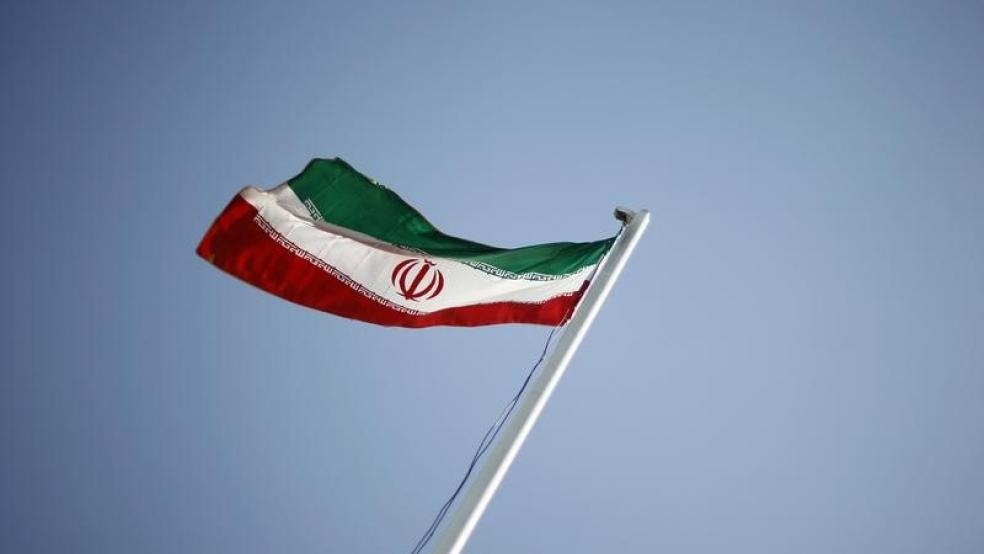Donald Trump has made no secret of his disdain for the deal that the Obama administration and other world powers struck with Iran to keep the Islamic republic from developing nuclear weapons. But any of his supporters who believe the presumptive Republican presidential nominee would tear up the agreement on his first day in the Oval Office is mistaken, a senior Trump adviser said in an interview with the conservative website The Daily Caller.
Asked if Trump would immediately renege on the deal, Walid Phares said that despite past promises to “rip up” the deal, what the billionaire former reality television star is interested in is a renegotiation, not completely abandoning the agreement.
Related: Trump’s Anti-Trade Populism Is the Opposite of What Made America Great
“No, he’s not going to get rid of an agreement that has the institutional signature of the United States,” said Phares. “He is a man of institutions. But he’s going to look back on it the institutional way. He’s said, so far that he doesn’t like this deal and that it was poorly negotiated.”
The position is fairly consistent with one Trump has taken throughout the campaign. Where some of his rivals, like Ted Cruz, dismissed the possibility of an acceptable agreement with Iran at all, Trump insisted that his superior negotiating skills would enable him to reach a deal that is “better” in some unspecified way.
“Once elected, he’s going to renegotiate it after talking through it with his advisers,” Phares continued. “One of the clear possibilities is he will send it back to Congress. The reaction of the Iranian leadership will be the next phase. So he is not going to implement it as is, he is going to revise it after negotiating one on one with Iran or with a series of allies.”
This last part, though, is confusing at best. The Iran deal was not a bilateral negotiation between the U.S. and Iran, but a delicate and complex agreement involving Germany, the United Kingdom, France and China. It is far from clear that the U.S. can unilaterally force renegotiation on any of those parties, much less all of them.





